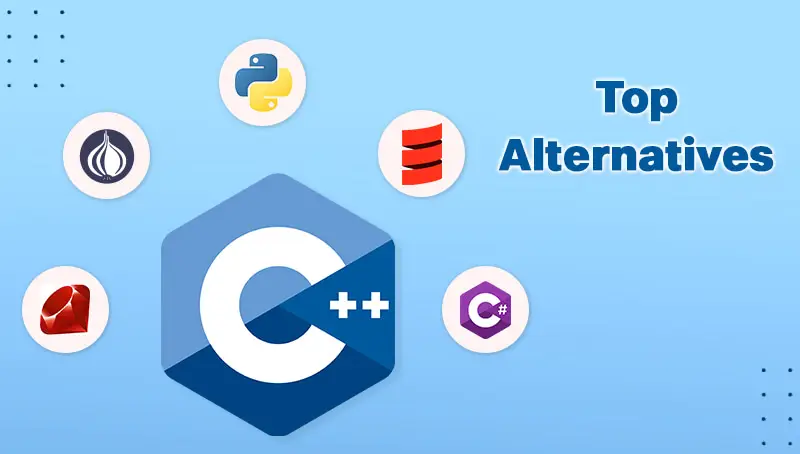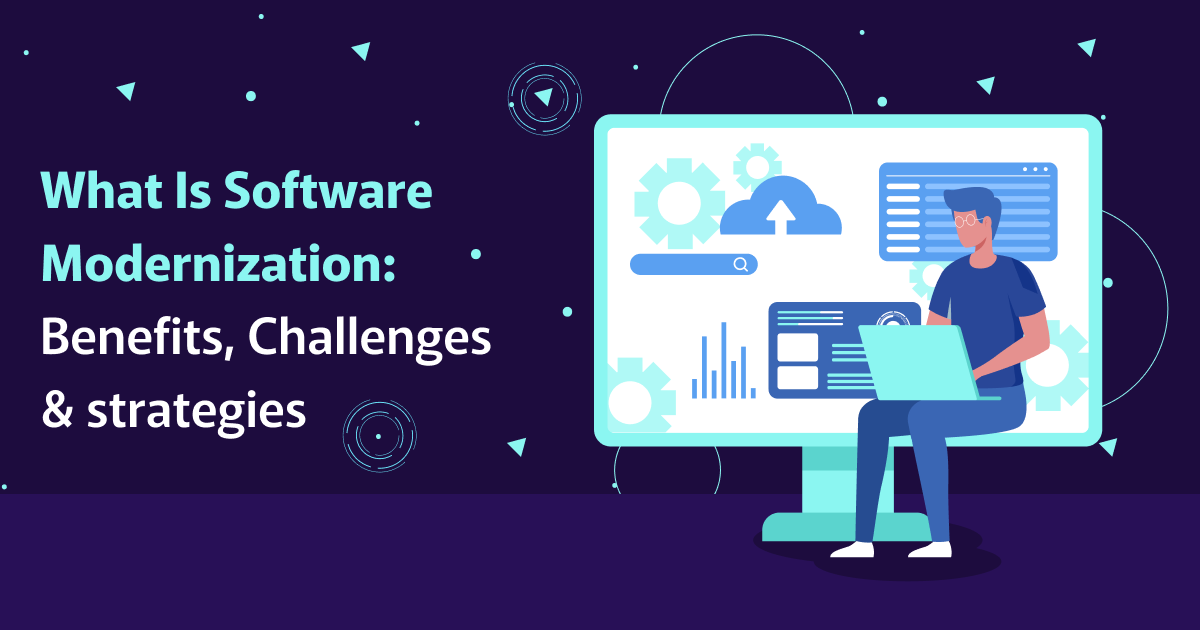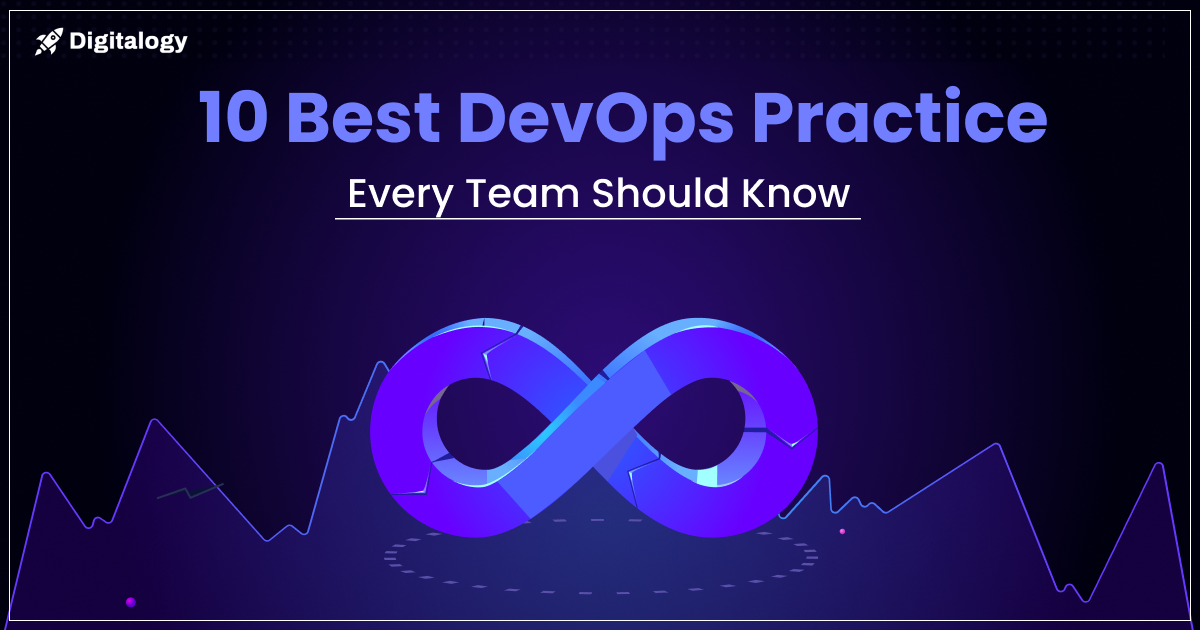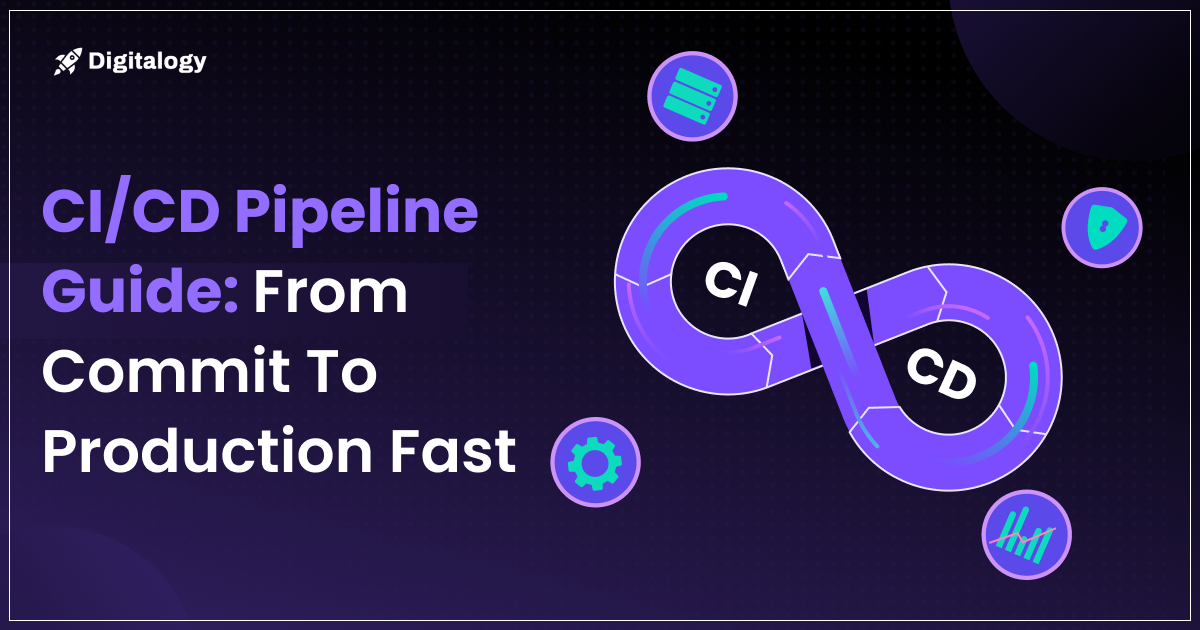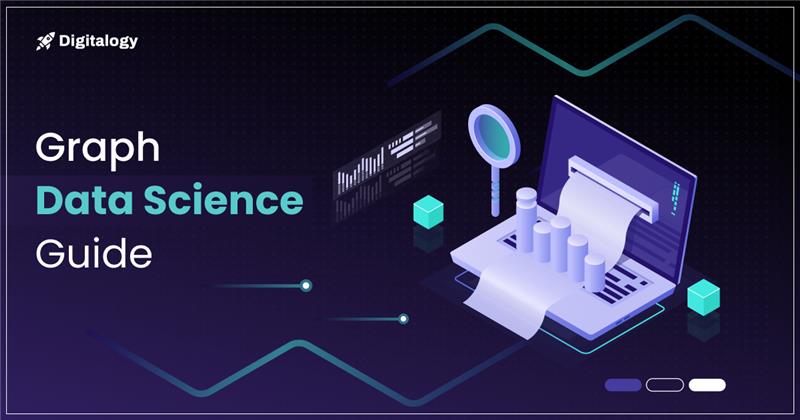C++ has long been a stalwart in the programming world, renowned for its power, versatility, and efficiency. As a general-purpose programming language, C++ has played a pivotal role in shaping the foundations of software development. We will examine the nuances of C++ in this essay, as well as its importance and 13 notable alternatives. The landscape of programming languages is dynamic, and as technology evolves, developers seek alternatives that align with specific needs, trends, and paradigms.
What is C++?
Bjarne Stroustrup created C++, an addition to the C programming language, in the early 1980s. Numerous applications, including embedded systems, high-performance apps, game engines, and system software, have been made possible by this programming language. C++ is revered for its low-level manipulation capabilities, efficiency, and object-oriented features, making it a preferred choice for a myriad of development projects.
Importance of C++
C++ holds paramount importance in the programming landscape due to its efficiency, versatility, and widespread adoption. Renowned for low-level manipulation and object-oriented features, it excels in system-level programming and game development. Its compatibility with C facilitates seamless integration and code reusability.
C++ remains instrumental in developing performance-critical applications, including operating systems and embedded systems, thanks to its granular resource management. Striking a balance between high-level abstraction and low-level control, C++ stands as a vital language, empowering developers to address diverse challenges with optimized code execution across multiple industries.
Top 13 C++ Alternatives
1. Java
Java is a popular object-oriented programming language that is particularly portable and platform-independent. Widely used in enterprise applications and Android development, Java’s extensive libraries and strong community support make it a robust choice for building scalable and reliable software solutions.
| Launch year | 1995 |
| Current version | Java 21 |
| Mostly Used for | Web Development |
Code Sample
public class FibonacciSeries {
// Function to generate Fibonacci series
public static void fibonacci(int n) {
int num1 = 0, num2 = 1;
System.out.println("Fibonacci Series up to " + n + " terms:");
// Printing the first two terms
System.out.print(num1 + " " + num2 + " ");
// Generating remaining terms
for (int i = 2; i < n; i++) {
int nextNum = num1 + num2;
System.out.print(nextNum + " ");
num1 = num2;
num2 = nextNum;
}
}
// Main method to test the function
public static void main(String[] args) {
int terms = 10; // Number of terms in the series
fibonacci(terms);
}
}2. Python
Python, renowned for its readability and simplicity, is a high-level scripting language with extensive libraries. Its uses include automation, data science, and web development. Python is a popular choice for developers due to its versatility and ease of use, making it suitable for both novices and experienced experts.
| Launch year | 1991 |
| Current version | Python 3.12 |
| Mostly Used for | Machine Learning |
Code Sample
def is_prime(num):
if num <= 1:
return False
if num == 2:
return True
if num % 2 == 0:
return False
for i in range(3, int(num**0.5) + 1, 2):
if num % i == 0:
return False
return True
def find_primes(start, end):
primes = []
for num in range(start, end + 1):
if is_prime(num):
primes.append(num)
return primes
prime_numbers = find_primes(1, 250)
print("Prime numbers between 1 and 250 are:", prime_numbers)3. Go (Golang)
Go, developed by Google, focuses on simplicity and efficiency. Known for its built-in concurrency support, Go is particularly suitable for developing scalable and concurrent systems. For contemporary software development, its simple syntax and efficiency optimization make it the go-to language.
| Launch year | 2009 |
| Current version | Go1.19.10 |
| Mostly Used for | cloud-based or server-side applications |
Code Sample
package main
import "fmt"
// Function to calculate factorial
func factorial(n int) int {
if n == 0 {
return 1
}
return n * factorial(n-1)
}
func main() {
var num int
fmt.Print("Enter a number: ")
fmt.Scan(&num)
result := factorial(num)
fmt.Printf("Factorial of %d is: %d\n", num, result)
}4. Dart
Dart is a language developed by Google, commonly associated with the Flutter framework for building cross-platform mobile and web applications. Dart’s distinctive feature is its fast development cycle, contributing to a smooth and efficient development process.
| Launch year | 2013 |
| Current version | Dart 3.3.0 |
| Mostly Used for | web and mobile apps |
Code Sample
void main() {
List<int> numbers = [5, 2, 8, 3, 1, 9, 4]; // Sample array
int firstSmallest = numbers[0];
int secondSmallest = numbers[0];
for (int i = 1; i < numbers.length; i++) {
if (numbers[i] < firstSmallest) {
secondSmallest = firstSmallest;
firstSmallest = numbers[i];
} else if (numbers[i] < secondSmallest && numbers[i] != firstSmallest) {
secondSmallest = numbers[i];
}
}
print('The second smallest element in the array is: $secondSmallest');
}5. C#
C#, developed by Microsoft, is designed for Windows application development. With a contemporary syntax and smooth.NET framework integration, C# is a go-to choice for building Windows applications and web development on the Microsoft ecosystem.
| Launch year | 2000 |
| Current version | C# 12.0 |
| Mostly Used for | Enterprise software and games |
Code Sample
using System;
class Program
{
static void Main(string[] args)
{
Console.WriteLine("Enter the value of N to find the Nth term of Fibonacci series:");
int n = Convert.ToInt32(Console.ReadLine());
long result = Fibonacci(n);
Console.WriteLine($"The {n}th term of the Fibonacci series is: {result}");
}
static long Fibonacci(int n)
{
if (n <= 0)
return 0;
else if (n == 1)
return 1;
long a = 0, b = 1, fib = 0;
for (int i = 2; i <= n; i++)
{
fib = a + b;
a = b;
b = fib;
}
return fib;
}
}6. R
R is a specialized language tailored for statistical computing and graphics. Widely used in data analysis and statistics, R boasts an extensive ecosystem for statistical computing. Its focus on numerical analysis and visualization makes it an essential tool in the field of data science.
| Launch year | 1993 |
| Current version | R 4.3.2 |
| Mostly Used for | Data Science |
Code Sample
# Function to find factors of a number
find_factors <- function(n) {
factors <- c() # Initialize an empty vector to store factors
# Loop from 1 to the number itself
for (i in 1:n) {
if (n %% i == 0) { # If i is a factor of n
factors <- c(factors, i) # Append i to the factors vector
}
}
return(factors) # Return the vector of factors
}
# Test the function
number <- 36
factors_of_number <- find_factors(number)
print(paste("Factors of", number, "are:", paste(factors_of_number, collapse = ", ")))7. Ruby
Ruby is a scripting language that is object-oriented and dynamically typed, renowned for its efficient and elegant syntax. It became well-known in online development, especially with the Ruby on Rails framework, where it was stressed that convention should take precedence over configuration when creating reliable web applications.
| Launch year | 1995 |
| Current version | Ruby 3.2.3 |
| Mostly Used for | web servers, DevOps, and web scraping and crawling |
Code Sample
def is_palindrome(num)
# Convert the number to a string
num_str = num.to_s
# Reverse the string
reversed_str = num_str.reverse
# Check if the original string is equal to the reversed string
if num_str == reversed_str
return true
else
return false
end
end
# Test the function
puts "Enter a number to check if it's a palindrome:"
number = gets.chomp.to_i
if is_palindrome(number)
puts "#{number} is a palindrome."
else
puts "#{number} is not a palindrome."
end8. Scala
Scala seamlessly blends object-oriented and functional programming paradigms. Running on the Java Virtual Machine (JVM), Scala is favored for large-scale projects where scalability and interoperability with Java are crucial.
| Launch year | 2004 |
| Current version | Scala 3.3.1 |
| Mostly Used for | building modular, scalable, and fast software |
Code Sample
object EvenNumberSum {
def main(args: Array[String]): Unit = {
val lowerLimit = 1
val upperLimit = 250
var sum = 0
for (num <- lowerLimit to upperLimit) {
if (num % 2 == 0) {
sum += num
}
}
println(s"The sum of even numbers between $lowerLimit and $upperLimit is: $sum")
}
}9. Lua
Lua is a lightweight scripting language with a focus on simplicity and flexibility. Often embedded in applications and game development for its extensibility, Lua is valued for its ease of integration and minimalist design.
| Launch year | 1993 |
| Current version | Lua 5.4 |
| Mostly Used for | games including Roblox and World of Warcraft |
Code Sample
function findProduct(start, finish)
local product = 1
for i = start, finish do
product = product * i
end
return product
end
local result = findProduct(1, 25)
print("The product of numbers between 1 and 25 is:", result)10. JavaScript
JavaScript, an essential language for web development, enables dynamic and interactive user interfaces. Because of its adaptability to both front-end and back-end development, it is a key component of the web development ecosystem.
| Launch year | 1995 |
| Current version | ECMAScript 2022 (ES13) |
| Mostly Used for | develop web pages |
Code Sample
function findGreatestNumber(a, b, c) {
let greatest = a;
if (b > greatest) {
greatest = b;
}
if (c > greatest) {
greatest = c;
}
return greatest;
}
// Example usage:
const num1 = 10;
const num2 = 20;
const num3 = 15;
const greatestNumber = findGreatestNumber(num1, num2, num3);
console.log("The greatest number is:", greatestNumber);11. Kotlin
Kotlin, running on the Java Virtual Machine (JVM), is recognized for its concise syntax and interoperability with Java. Because it provided more contemporary capabilities and a better developer experience, it rose to popularity as the official language for Android app development.
| Launch year | 2011 |
| Current version | Kotlin 2.0.0 |
| Mostly Used for | Android App Mobile Development |
Code Sample
fun main() {
// Input the year
println("Enter the year:")
val year = readLine()?.toIntOrNull()
// Check if the input is valid
if (year != null) {
// Check if it's a leap year or not
if (isLeapYear(year)) {
println("$year is a leap year.")
} else {
println("$year is not a leap year.")
}
} else {
println("Invalid input. Please enter a valid year.")
}
}
fun isLeapYear(year: Int): Boolean {
return year % 4 == 0 && (year % 100 != 0 || year % 400 == 0)
}
12. Rust
Memory safety is given top priority in the systems programming language Rust, all without sacrificing functionality. Rust is a dependable option for systems programming since it guards against common programming faults and is appropriate for applications needing exact control over system resources.
| Launch year | 2013 |
| Current version | 1.76.0 |
| Mostly Used for | Web Development |
Code Sample
// Function to check if a number is a perfect square
fn is_perfect_square(n: u64) -> bool {
let sqrt_n = (n as f64).sqrt() as u64;
sqrt_n * sqrt_n == n
}
fn main() {
let num: u64 = 16; // Change this number to test different values
if is_perfect_square(num) {
println!("{} is a perfect square.", num);
} else {
println!("{} is not a perfect square.", num);
}
}
13. Perl
Perl, a general-purpose scripting language, is renowned for its versatility and powerful text-processing capabilities. Widely used for automation and text manipulation tasks, Perl excels in tasks where quick development and robust regex support are crucial.
| Launch year | 1987 |
| Current version | Perl 5.38.2 |
| Mostly Used for | Text processing |
Code Sample
#!/usr/bin/perl
use strict;
use warnings;
# Iterate from 1 to 100
for my $number (1..100) {
# Check if the number is divisible by 5
if ($number % 5 == 0) {
print $number . "\n"; # Print the number if divisible by 5
}
}
14. Nim
Nim emphasizes readability and efficiency, compiling to C with a low memory footprint. Suited for system programming and scripting, Nim’s features make it an intriguing language for developers seeking a balance between performance and ease of use.
| Launch year | 2008 |
| Current version | Nim 2.0 |
| Mostly Used for | Web Application |
Code Sample
import strutils
# Function to print multiples of 5 from 1 to 10
proc printMultiplesOf5() =
for i in 1..10:
if i mod 5 == 0:
echo i
# Main section
if isMainModule:
echo "Multiples of 5 from 1 to 10:"
printMultiplesOf5()
15. Julia
Julia is designed for high-performance numerical and scientific computing. Julia excels in data science and machine learning applications, delivering both efficiency and ease of use with a syntax that users familiar with other technical computing environments would recognize.
| Launch year | 2012 |
| Current version | Julia 1.9.0 |
| Mostly Used for | numerical analysis and computational science |
Code Sample
function print_factors(n)
println("Factors of $n:")
for i in 1:n
if n % i == 0
println(i)
end
end
end
# Example usage:
number = 24
print_factors(number)
16. Haskell
Haskell, a functional programming language, is known for its strong typing and lazy evaluation. Popular in academia and research, Haskell is favored for mathematical tasks and tasks that benefit from a functional programming paradigm.
| Launch year | 1990 |
| Current version | Haskell 3.10.1.0 |
| Mostly Used for | precise mappings of mathematical algorithms |
Code Sample
-- Function to print even numbers from 1 to 50
printEvenNumbers :: Int -> IO ()
printEvenNumbers n
| n > 50 = return () -- Base case: Stop when n exceeds 50
| even n = do -- Print n if it's even
putStrLn $ show n
printEvenNumbers (n + 1) -- Recursively call with next number
| otherwise = printEvenNumbers (n + 1) -- Skip odd numbers
main :: IO ()
main = do
putStrLn "Even numbers from 1 to 50:"
printEvenNumbers 1
17. Swift
Developed by Apple, Swift is tailored for iOS and macOS app development. Boasting a fast learning curve and modern programming features, Swift has become a preferred language for building applications within the Apple ecosystem.
| Launch year | 2005 |
| Current version | Swift 5.9 |
| Mostly Used for | to write safe, concise, and easy-to-use code for operating systems like Windows and Linux. |
Code Sample
func findLargestElement(in array: [Int]) -> Int? {
guard !array.isEmpty else { // Check if the array is empty
return nil
}
var largest = array[0] // Assume the first element is the largest
// Iterate through the array starting from the second element
for element in array.dropFirst() {
if element > largest {
largest = element // Update largest if current element is greater
}
}
return largest
}
// Example usage:
let numbers = [10, 5, 24, 8, 32, 15]
if let largestNumber = findLargestElement(in: numbers) {
print("The largest number in the array is: \(largestNumber)")
} else {
print("The array is empty.")
}
Differentiate some C++ alternatives based on Key features and Use Cases
| Languages | Key Features | Use Cases |
| Java | Platform independence, extensive libraries | Enterprise-level applications, web development |
| Python | Readability, dynamic typing, extensive libraries | Web development, data science, automation |
| Go | Simplicity, concurrency support | Scalable web services, distributed systems |
| Dart | Fast development cycle, cross-platform support | Web and mobile app development |
| C | Developed by Microsoft, .NET integration | Windows application development, game development |
| R | Statistical computing, data analysis | Data science, statistical modeling |
| Ruby | Elegant syntax, productivity | Web development (Ruby on Rails) |
| Scala | Object-oriented and functional programming | Large-scale applications, web development |
| Lua | Lightweight scripting language | Embedded systems, game development |
| JavaScript | Essential for web development | Front-end and back-end web development |
| Kotlin | JVM compatibility, concise syntax | Android app development, server-side programming |
| Rust | Memory safety without sacrificing performance | Systems programming, game development |
| Perl | Versatile, text processing capabilities | System administration, web development |
| Nim | Readability, compiles to C | Systems programming, scripting |
| Julia | High-performance numerical computing | Data science, scientific computing |
| Haskell | Functional programming, lazy evaluation | Mathematical and algorithmic tasks |
| Swift | Developed by Apple, iOS app development | iOS and macOS application development |
Which Language Will Replace C++?
The question of which language will replace C++ is intricate and subjective. Each of the aforementioned programming languages has a specific purpose, and the selection process is based on the demands of the project, performance standards, and developer preferences. For some domains, C++’s low-level features and efficiency make it an indispensable tool.
Future of C++ Developers
The future for C++ developers is promising and multifaceted. As technology evolves, C++ developers are expected to adapt to emerging trends, such as increased use of AI, machine learning, and advancements in embedded systems.
Moreover, the demand for systems programming and performance-intensive applications ensures a continued relevance for C++. Developers adept in C++ will find opportunities in industries ranging from gaming and finance to automotive and aerospace.
Conclusion
C++ holds a unique and enduring position in the programming landscape, underpinned by its efficiency, versatility, and object-oriented features. The options presented meet a range of needs, which reflects how dynamic the tech sector is.
As developers navigate the vast array of programming languages, the choice depends on the project’s specific requirements, performance considerations, and the evolving technological landscape. C++ developers can look forward to a future enriched by emerging technologies and an array of opportunities across various domains. The programming journey continues, marked by innovation, adaptability, and a commitment to building robust and efficient software solutions.

